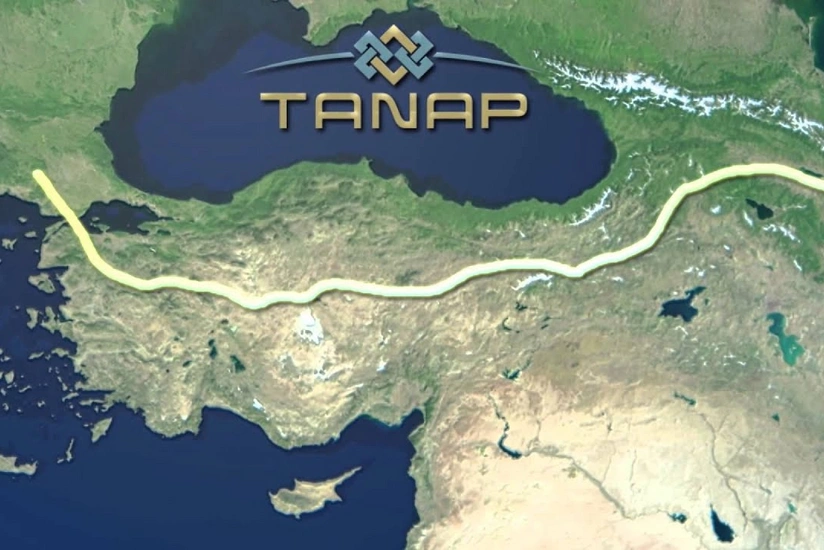TANAP tops list of 10 best WB projects in terms of fossil fuels
- 13 October, 2022
- 13:25

The Trans-Anatolian Natural Gas Pipeline (TANAP), which transports Azerbaijani gas through Turkiye to Southern Europe, has topped the list of the top 10 fossil fuel projects promoted by the World Bank Group (WB), Report informs referring to the new WB report from the Big Shift Global.
The report analyzed the financial flows from the World Bank in recent years, and identified the top 10 fossil fuel projects moving forward with the help of the development bank. In the list’s number-one spot is the Trans-Anatolian Pipeline (TANAP), a long-distance gas pipeline that runs from Azerbaijan through Turkiye, moving gas from the Shah Deniz field in the Caspian Sea throughout southern Europe.
The Multilateral Investment Guarantee Agency (MIGA), a member of the World Bank Group, gave the project $1.1 billion in loan guarantees to protect investors in 2018, helping to push TANAP forward, a move that will triple Azerbaijan’s gas exports, according to the report. The loan guarantee protects a long list of banks - AKA Bank, Citi, Credit Agricole CIB, ING, LBBW, Santander, and Societe Generale - for 15 years.
Another example is the $288 million loan issued in 2019 by the International Finance Corporation (IFC), which is another entity within the World Bank Group, for a gas-fired power plant and LNG import terminal at the Port of Açu, Brazil.
Yet another example is the $135 million loan to Pan American Energy in 2019, an oil company partly owned by BP, to expand an oil refinery outside of Buenos Aires, Argentina. IFC trumpeted the transaction, arguing that it would help Pan American produce “cleaner fuels,” which meant diesel with a lower sulfur content. The refinery takes oil from Argentina’s south, as well as from Pan American’s shale gas wells in the Vaca Muerta.
The World Bank Group has funneled $14.8 billion into fossil fuel projects around the world since the Paris Climate Agreement was signed in 2015, undercutting global efforts to combat the worsening climate crisis. That money has helped build gas pipelines, refineries, liquefied natural gas import terminals and gas-fired power plants.
“In fiscal year 2022, the Bank Group delivered a record $31.7 billion for climate-related investments, to help communities around the world respond to the climate crisis, and build a safer and cleaner future,” the spokesperson said.
The fact sheet stated: “In fiscal year 2021, the World Bank (IBRD/IDA) did zero new fossil fuel financing. The World Bank Group stopped investing in upstream oil and gas in 2019.”
But that statement elides ongoing finance for existing fossil fuel projects, Ash said, pointing to a gas storage facility in Turkey to which the International Bank for Reconstruction and Development (another World Bank Group entity) is loaning $600 million for an expansion. The IBRD will disburse money for the project through October 2024.
Turkiye receives natural gas extracted from the Azerbaijani Shahdeniz field. Volumes of natural gas are supplied to the Turkish market through the South Caucasus Pipeline (Baku-Tbilisi-Erzurum) and TANAP. The first gas supplies through the Baku-Tbilisi-Erzurum pipeline entered the Turkish market in 2007. Commercial gas supplies to Turkiye through TANAP began on June 30, 2018.
As part of the Southern Gas Corridor project, Azerbaijani gas is supplied to the Turkish market through TANAP, and to the European market through TAP.
